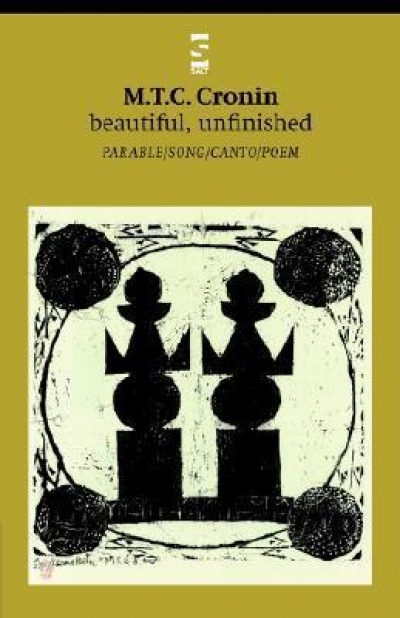Lisa Gorton
Sign up to Book of the Week and receive a new review to your inbox every Monday. Always free to read.
Recent:
To celebrate the best books of 2004 Australian Book Review invited contributors to nominate their favourite titles. Contributors included Dennis Altman, Brenda Niall, Kerryn Goldsworthy, Morag Fraser and Chris Wallace-Crabbe.
... (read more)Clara’s Witch by Natalie Andrews & Midnight Water by Gaylene Perry
by Lisa Gorton •
Straight roads, built for driving fast.
You get out of winter in a day.
These paddocks so like thoughts you travel past,
strung out beside your asphalt purpose.
You get out of winter in a day.
Cattle fat as history watch you pass,
strung out and beside your asphalt purpose
in these vast effects of corroded light.
The Mother Workshops and Other Poems by Jeri Kroll & Shadows at the Gate by Robyn Rowland
by Lisa Gorton •



